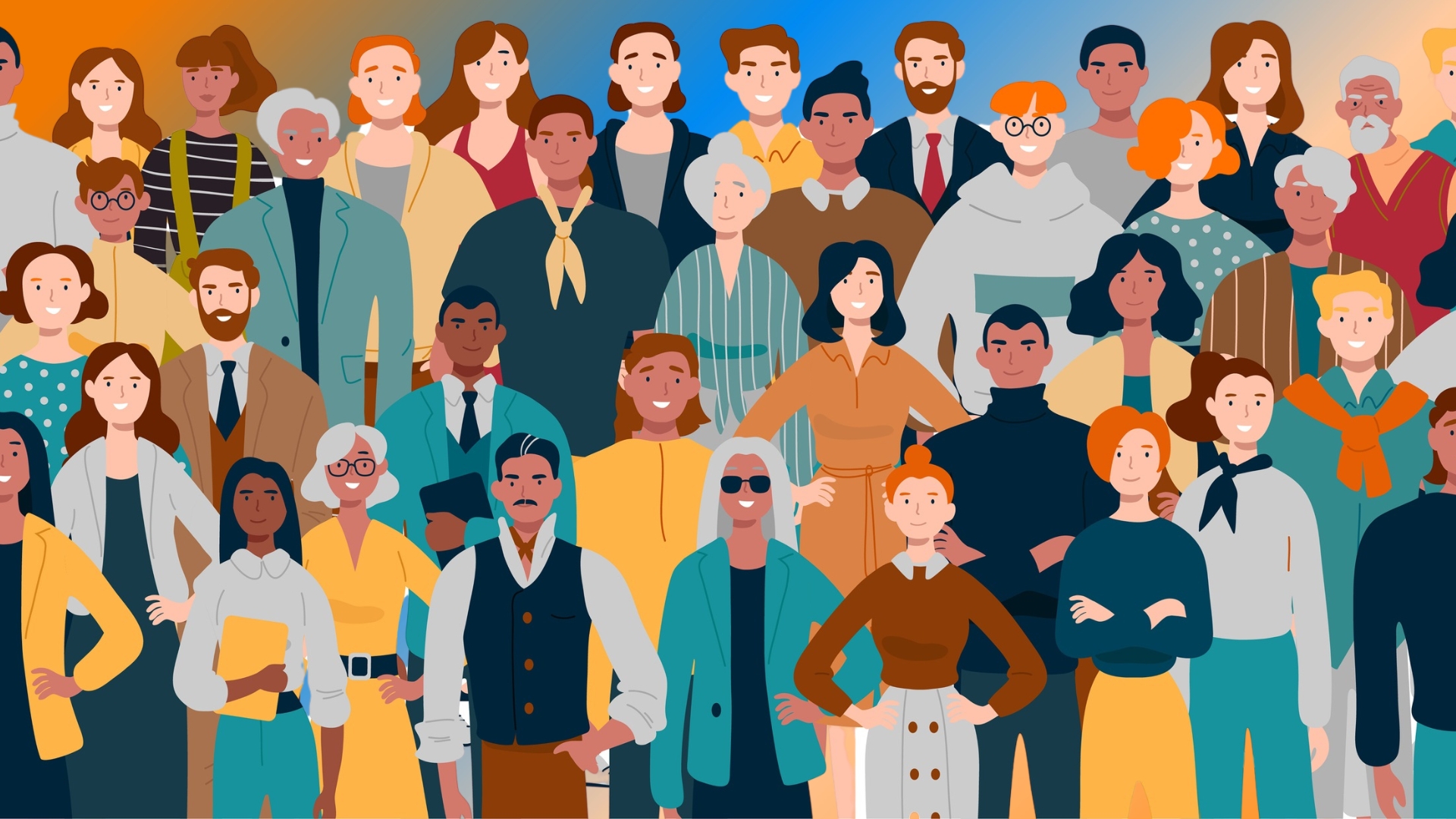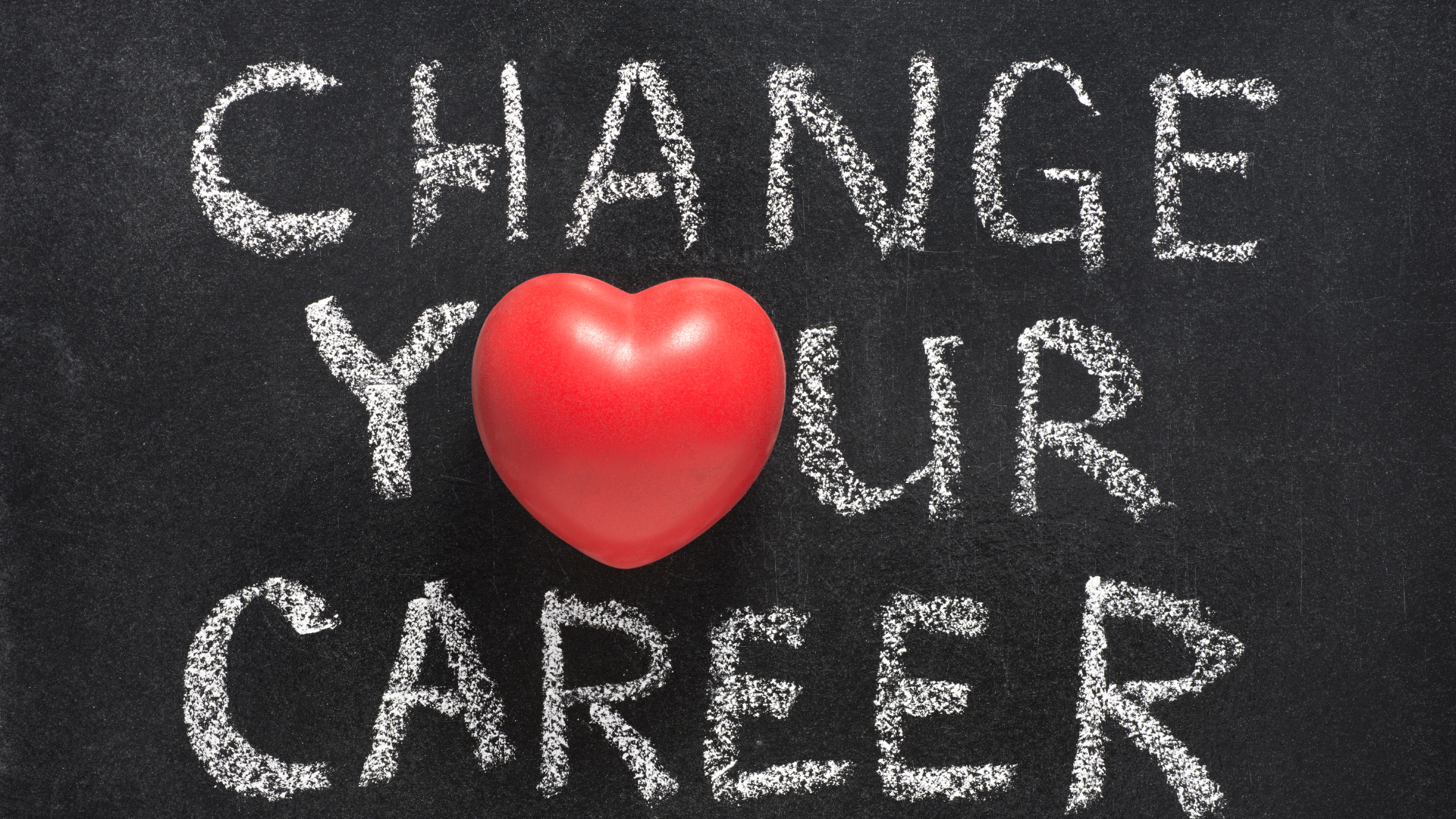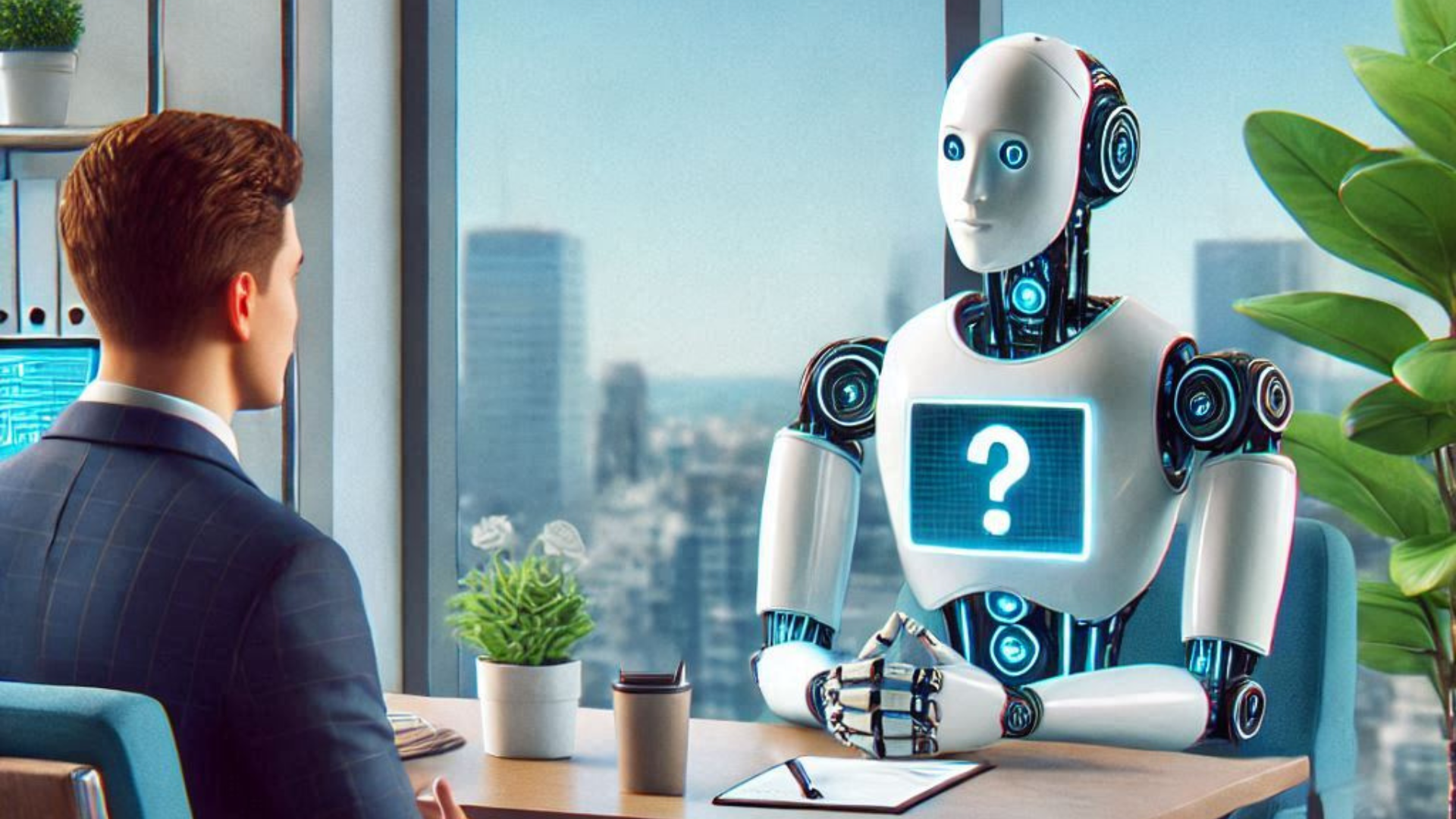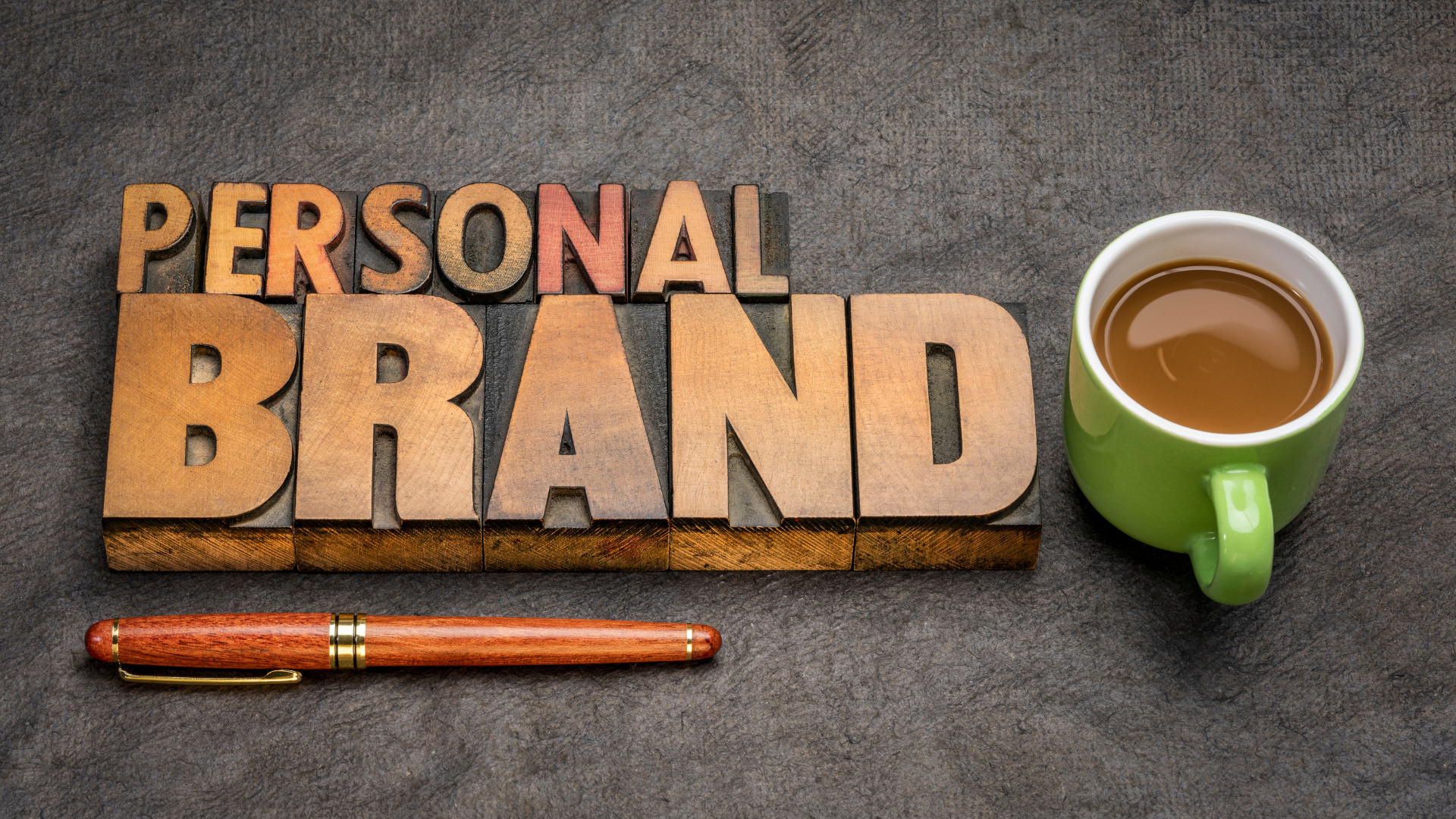Understanding DEI: The Misunderstood and Politicized Movement Driving Social Progress

Diversity, Equity, and Inclusion (DEI) are fundamental principles aimed at creating fair and inclusive environments where everyone can thrive, regardless of their background. Despite the integral role DEI plays in modern organizations and its deep roots in historical movements for equality, it often faces misunderstanding and politicization. This article delves into what DEI truly means, why it is sometimes demonized, and how its benefits extend beyond political boundaries.
What is DEI?
Diversity refers to the presence of differences within a given setting. In the context of workplaces or institutions, it encompasses a variety of characteristics including race, gender, age, sexual orientation, and more. Equity involves ensuring fair treatment, opportunities, and outcomes for all individuals by recognizing and addressing systemic inequalities. Inclusion is about creating environments where all individuals feel valued, respected, and able to fully participate.
Together, these principles aim to dismantle barriers, promote equal opportunities, and foster a culture of respect and belonging. DEI is not just about meeting quotas or ticking boxes; it’s about leveraging the richness of diverse perspectives to drive innovation, improve decision-making, and build more resilient organizations and communities.
Historical Context
DEI efforts are not new; they have deep roots in the fight for social justice and equality. The civil rights movements of the 1950s and 1960s, the push for gender equality, and the advocacy for LGBTQ+ rights have all contributed to the foundations of modern DEI initiatives.
For instance, affirmative action policies, introduced in the mid-20th century, aimed to address racial disparities in education and employment. Over time, the focus has expanded to include a broader spectrum of identities and experiences, reflecting a more comprehensive understanding of what it means to be inclusive and equitable.
Why is DEI Misunderstood?
Despite its historical significance and positive impact, DEI is often misunderstood for several reasons:
Complexity and Nuance: DEI encompasses a wide range of concepts and practices, making it difficult to distill into simple terms. This complexity can lead to misinterpretations or oversimplifications that fail to capture the full scope and intent of DEI efforts.
Evolution of Terminology: The language around DEI has evolved significantly. Terms like “affirmative action” or “equal opportunity” have given way to broader, more inclusive frameworks. This shift can create confusion, especially for those not closely following the evolution of these concepts.
Fear of Change: DEI challenges established norms and seeks to redistribute power and opportunities. For some, this represents a threat to the status quo, leading to resistance or defensive reactions.
Media Influence: Media portrayal can significantly shape public perception. Sensationalist or biased coverage can amplify negative narratives, framing DEI as divisive or unnecessary.
The Politicization of DEI
DEI has increasingly become a focal point in political debates, often seen through the lens of broader cultural and ideological conflicts. Several factors contribute to its politicization:
Partisan Framing: DEI is frequently framed as a liberal or progressive agenda. This partisan labeling can polarize opinions, with supporters and detractors aligning their views based on political affiliations rather than the intrinsic value of DEI principles.
Economic and Power Dynamics: Implementing DEI initiatives can require substantial changes in organizational practices and resource allocation. Those benefiting from existing structures may view these changes as a threat to their economic or social standing, fueling opposition.
Backlash Against Social Progress: Historically, advancements in social justice often trigger a counter-reaction. As DEI efforts gain visibility and success, they sometimes provoke backlash from groups that feel their interests are being undermined.
Identity Politics: DEI’s focus on recognizing and addressing inequalities among different identity groups can be seen as divisive, with critics arguing it prioritizes group identity over individual merit.
Why DEI Matters
Despite the controversies, DEI remains crucial for several reasons:
Fostering Innovation: Diverse teams bring varied perspectives and experiences, which can drive creativity and innovation. Companies with inclusive cultures are better positioned to adapt to changing markets and solve complex problems.
Enhancing Decision-Making: Diverse and inclusive environments improve decision-making processes by incorporating a wider range of viewpoints and reducing the risk of groupthink.
Building Equitable Societies: DEI initiatives strive to create fairer opportunities for all, addressing systemic inequalities and promoting social justice. This leads to more cohesive and resilient communities.
Reflecting Market Demographics: In an increasingly globalized world, organizations that embrace DEI are better able to understand and serve diverse customer bases, enhancing their competitive edge.
Diversity, Equity, and Inclusion are not just modern buzzwords; they are essential components of a just and thriving society. While DEI efforts may face misunderstanding and politicization, their fundamental goals—to foster inclusive environments, promote fairness, and celebrate diversity—remain crucial. By embracing DEI, organizations and communities can harness the full potential of all their members, driving progress and prosperity for everyone.
As we navigate the complexities and challenges of DEI, it is vital to move beyond misconceptions and partisan divides. Recognizing the deep historical roots and enduring value of DEI can help us build more inclusive, equitable, and resilient organizations and societies.



